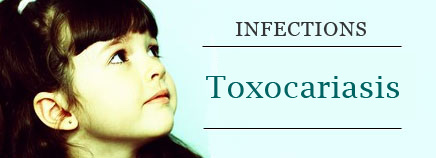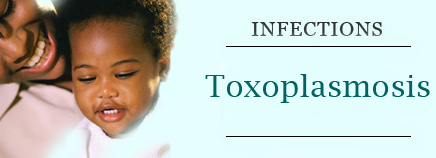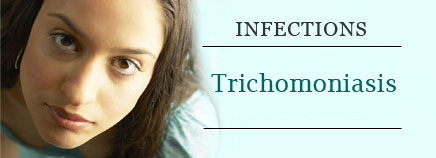When common parasites of dogs and cats infect humans, the illness is called toxocariasis (or visceral larva migrans). Toxocariasis usually affects kids under age 10. Especially at risk are those who like to put things in their mouths, or kids whose families have pet dogs or cats. Signs and Symptoms …
Toxoplasmosis
Toxoplasmosis is an infection by a tiny parasite (Toxoplasma gondii) that can live inside the cells of humans and animals, especially cats and farm animals. If you have been pregnant, you may already know it’s important to avoid toxoplasmosis, which people can develop by cleaning the litter box of an …
Trichomoniasis
Trichomoniasis, one of the most common sexually transmitted diseases (STDs), is caused by a parasite called trichomonas vaginalis. This parasite can live in the urogenital tract of males and females and infect any sexually active person, especially those who are not using protection or who have multiple partners. Trichomoniasis (often …



